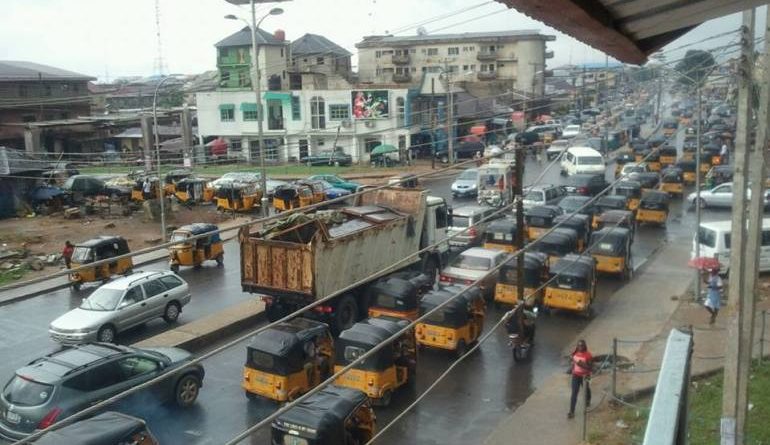Transport cost in Nigeria has risen since June 2023
The National Bureau of Statistics (NBS) Transport Fare Watch for June 2023 shows an increase in the fares paid for transport via selected categories such as bus journey within the city per drop, bus journey intercity (state route), airfare charge for specified courses single journey; motorcycle (Okada) journey per drop; and water way passenger transport.
The average fare paid by commuters for each drop of bus travels within the city grew by 120.63% from N582.61 in June 2022 to N1285.41 in June 2023, according to the data. In addition, the average fare paid by commuters for intercity bus rides was N5,686.49, representing a 55.25% increase from N3,662.87 in June 2022.
In addition, the average fare paid by commuters for intercity bus rides was N5,686.49, representing a 55.25% increase from N3,662.87 in June 2022. Similarly, the average fare for other modes of transportation, including air travel, Okada transportation, and water transport, climbed by 40.22% to N78,640.54, 48.34% to N618.52, and 44.84% to N1,366.2, respectively.
The rising cost of fuel and related energy goods in the country is driving up transportation fares, which is being driven primarily by the elimination of fuel subsidies. The hard trend is projected to continue due to currency devaluation and rising global oil prices, as refined products are imported and are affected by both reasons.
The inference is that domestic fuel costs will continue to rise, resulting in greater transportation expenses, at least in the near future. Without a transition strategy, the elimination of fuel subsidies has been tough for Nigerians, with the cost of transportation rising dramatically, potentially hurting other areas of economic activity. As a result, major efforts must be made to mitigate the effects of this policy decision.
There is an urgent and critical need for the government to invest more in transportation, particularly by reinvesting a share of subsidy savings in providing more affordable government-owned public transit services. Furthermore, the government could promote the use of electric or gas-powered vehicles, which are less expensive and more efficient ways to alleviate traffic congestion.




